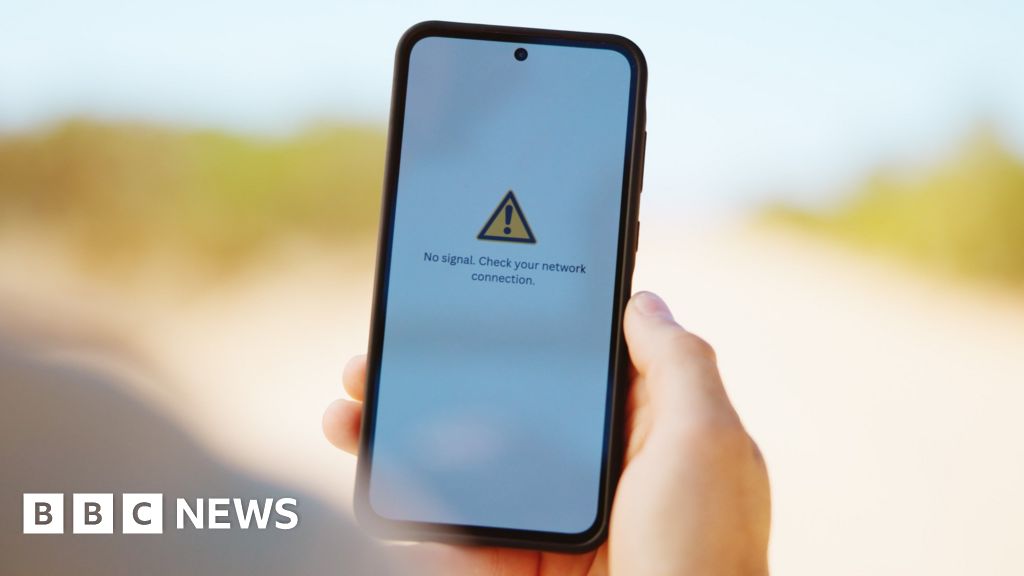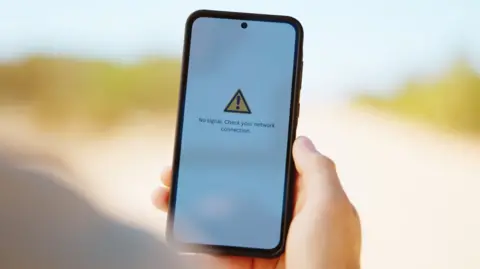Kourtney Kardashian shared insight into Rob and Khloe’s close bond, joking they’re “a little incestual” in new episode
Kourtney Kardashian has…

Kourtney Kardashian shared insight into Rob and Khloe’s close bond, joking they’re “a little incestual” in new episode
Kourtney Kardashian has…

Virgin Trains will be able to launch rail services through the Channel Tunnel after the UK’s rail regulator approved its application to share a depot with Eurostar.
The decision by the Office of Rail and Road (ORR) means Eurostar’s monopoly on passenger services is set to be broken for the first time since the tunnel opened in 1994.
Temple Mills railway storehouse in east London is the only depot in the UK able to accommodate the larger trains used in continental Europe and which is already linked to the cross-Channel line.
Virgin says it wants to start running services from 2030, but the ORR says several steps will need to be taken first.
The ORR had said the Temple Mills depot had enough space to either house an expanded Eurostar fleet or accommodate a rival company’s trains – but not both.
The regulator said a number of steps needed to be taken before new international services could run. Virgin needs to enter into a commercial agreement with Eurostar, will have to secure finance, access to track and stations, and have to get safety approvals from UK and EU authorities.
But the ORR said its decision unlocked plans for around £700m of investment and could create 400 new jobs, describing it as “a win for passengers, customer choice, and economic growth”.
Sir Richard Branson, founder of the Virgin Group, said: “The ORR’s decision is the right one for consumers – it’s time to end this 30-year monopoly and bring some Virgin magic to the cross-Channel route.”
Rail Minister Lord Hendy said he was “incredibly pleased” with the ORR’s decision and called it a “significant step forward”.
“Allowing Virgin Trains to share this vital facility will give passengers greater choice, better value and improve connectivity for millions, as well as drive innovation, lower fares and promote greener connections with Europe,” he said.
Martin Jones, deputy director of Access and International at the ORR, said: “While there is still some way to go before the first new services can run, we stand ready to work with Virgin Trains as their plans develop.”
Several firms had wanted to start operating services between London and mainland Europe, including Spanish start-up Evolyn, Richard Branson’s Virgin and a partnership between Gemini Trains and Uber.
The ORR only approved Virgin’s application on Thursday and rejected applications from Evolyn, Gemini and Trenitalia.
Virgin said it planned to launch rail services from London St Pancras to Europe from 2030.
This will include services to Paris Gare du Nord, Brussels-Midi and Amsterdam Centraal, with future plans to expand further across France, and into Germany and Switzerland.
The plans would mean Virgin Trains returning to the rails for the first time since 2019, when the company lost its contract to Avanti West Coast.
Virgin Trains had operated a service running from London Euston via Birmingham and Manchester to Scotland for 22 years before it was disqualified from bidding for the franchise.

Terms
While we only use edited and approved content for Azthena
answers, it may on occasions provide incorrect responses.
Please confirm any data provided with the related suppliers or
…

UI is a prevalent chronic health condition worldwide, with particularly high incidence rates among middle-aged and postmenopausal women, affecting approximately 44% to 57% of this population.1 Beyond its physical implications—such…

With two acclaimed indie features screening back-to-back at last year’s Tokyo International Film Festival — Keiko Tsuruoka’s Ravens and Kiyoshi Sugiyama’s award winner Teki Cometh — actress Kumi Takiuchi cemented her standing as one…

Cutaneous leiomyosarcoma is a rare smooth muscle neoplasm that can be classified as dermal or subcutaneous depending on the depth of origin. Dermal leiomyosarcoma (dLMS) is generally considered an intermediate-risk neoplasm…

Zoe KleinmanTechnology editor
 Getty Images
Getty ImagesVirgin Media O2 is set to become the first mobile network operator to offer UK customers automatic connectivity via satellite in places without phone signal.
O2 Satellite will be an optional service due to launch in the first half of 2026, following a partnership with Elon Musk’s satellite business Starlink to offer the service.
The firm has not yet revealed how much it will cost, but it will be an additional fee to pay each month.
Enabled smartphones will automatically switch to satellite coverage in parts of the UK where no terrestrial signal is available – such as rural areas – but those who sign up will not be able to make phone calls via satellite to begin with.
The service will only work with messaging, maps and location apps. O2 says this is because Starlink’s current satellites do not support calls, although the next generation of them will.
Calls made via WhatsApp, which uses data rather than phone signal, may work though. O2 intends to trial this before the service launches to the public.
The satellites will effectively act like “phone masts in the sky”, said Luke Pearce from analyst CCS Insight.
“In today’s world, connectivity is no longer optional,” he said.
“Whether it’s emergency SOS in life-saving situations or keeping a software-defined vehicle online, people now expect constant access.
“Satellite is the only technology that can truly close the coverage gap across mountains, oceans and rural areas.”
O2’s move comes several months after rival Vodafone carried out a successful live video call via satellite from a mountain in Wales where there was no other signal.
It claimed this was a UK-first, but it has not yet revealed any plans to roll out satellite-to-device services to customers.
Vodafone’s tech worked with the satellite firm AST, which currently has six satellites in orbit and aims to have up to 60 by the end of 2026.
Starlink, meanwhile, has more than 650 and has already launched similar services with phone networks in other countries including Australia, New Zealand, the US, Canada and Japan.
In the UK, Ofcom tweaked its regulations in September to enable satellite connectivity directly to smartphone devices.
Currently it is only possible to use it to text emergency services from newer iPhone and Android handsets.
But the use of low-earth orbit satellites for mobile communications has been criticised by astronomers, who say they pollute the night sky and make it more difficult to spot potential hazards such as asteroids.


1. Persistent viral infections, especially enteroviruses, may trigger and sustain autoimmune attacks on pancreatic β-cells through mechanisms such as molecular mimicry, epitope spreading, and chronic inflammation.
2. Early detection…

THE 61ST ANNUAL Meeting of the European Association for the Study of Diabetes (EASD) took place in the historic and elegant city of Vienna, Austria, from 15th–19th September. Against the backdrop of grand imperial architecture and a…